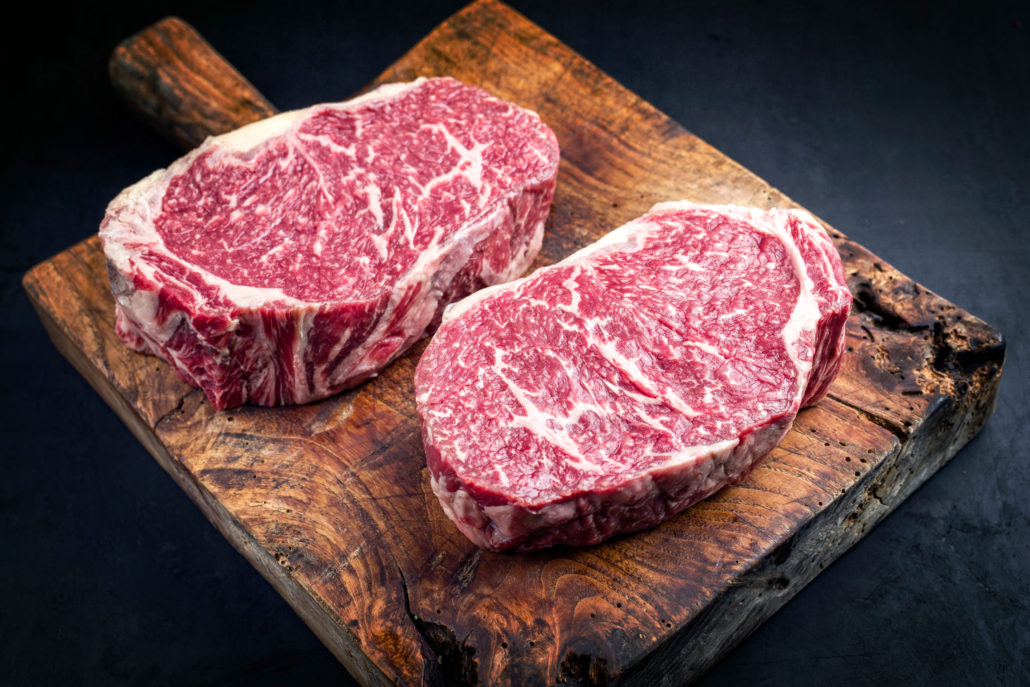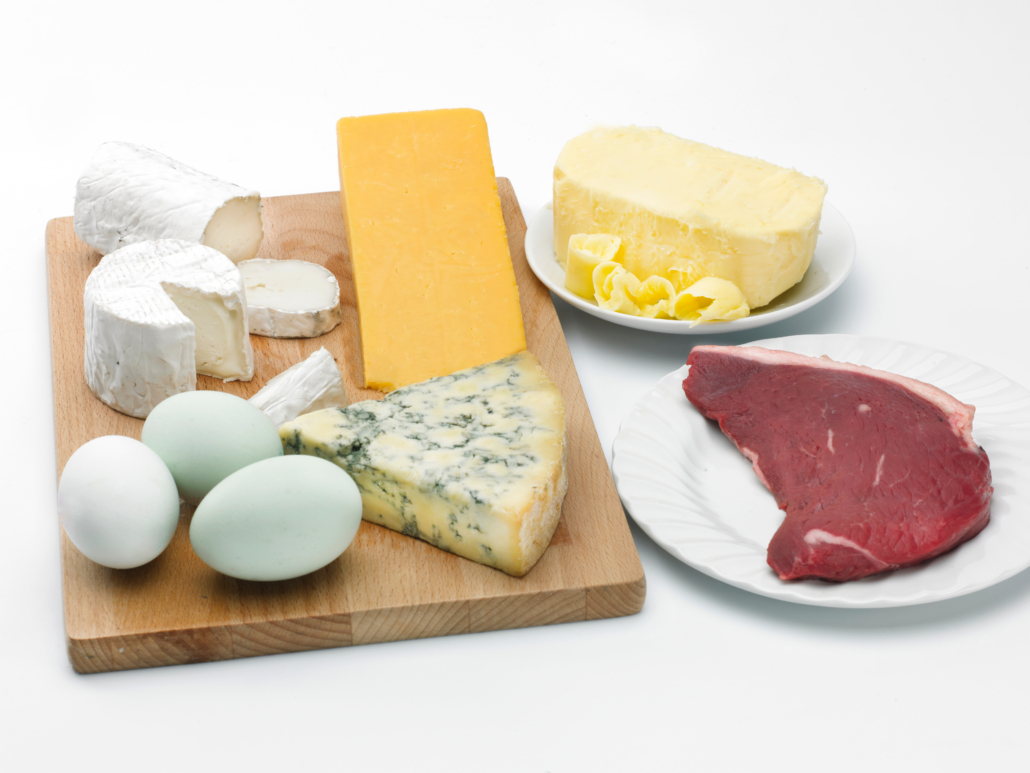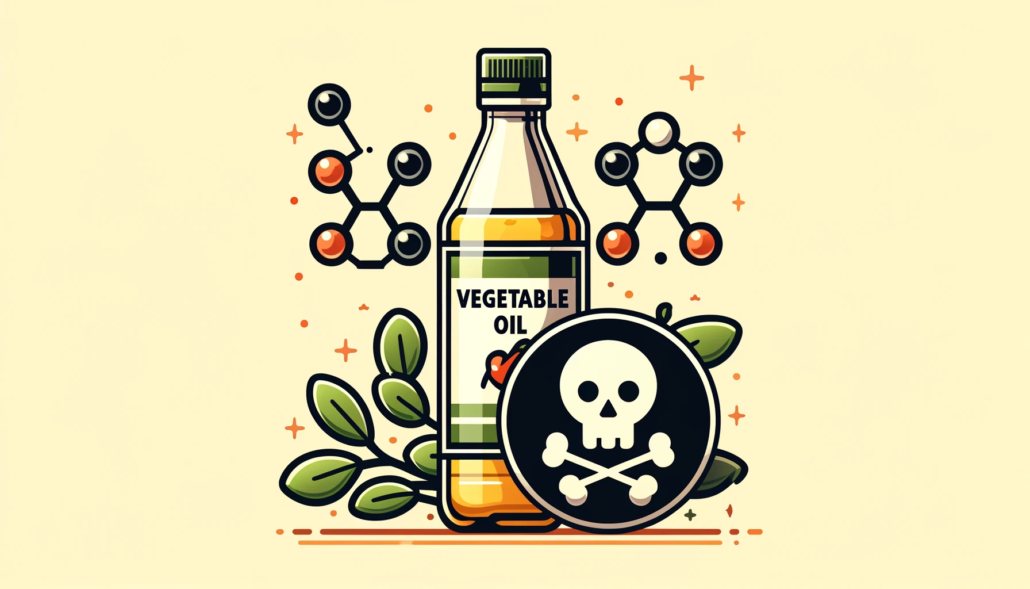We include products in articles we think are useful for our readers. If you buy products or services through links on our website, we may earn a small commission.
Top 8 Carnivore Diet Cheeses
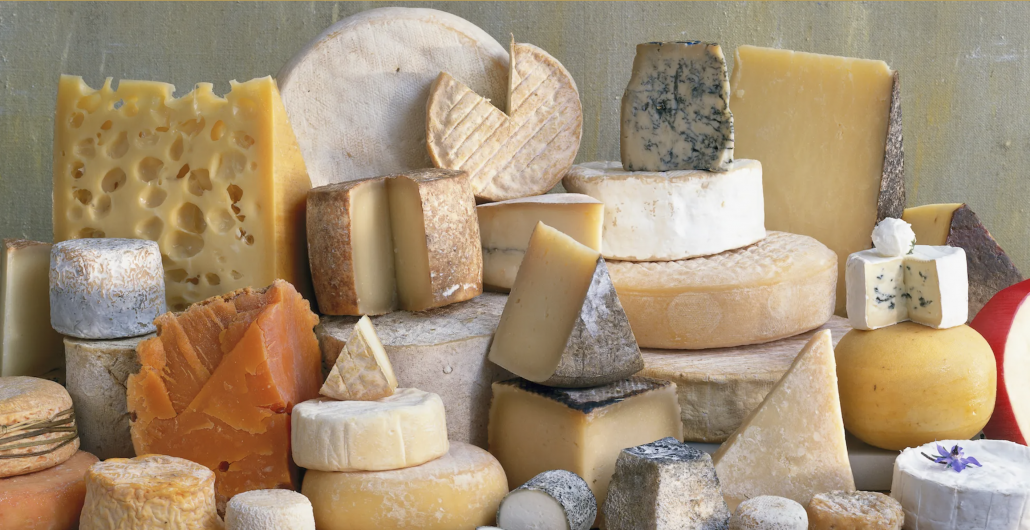
Cheese on the carnivore diet is a bit controversial. Real cheese is 100% animal product, but it arrived relatively recently in the timeline of dietary evolution. And some people have dairy allergies.
Our position is that if you don’t have a dairy allergy, then cheese is a fantastic part of a nourishing carnivore diet.
Cheese on carnivore provides healthy fats, fat-soluble vitamins, beneficial compounds unique to ripened cheese, and overall deliciousness. There are also examples of pastoral tribes that thrive on carnivore diets high in dairy fats.
One way to find out if cheese suits your carnivore diet is to start with an elimination “lion” diet of only meat, water, and salt. After a month, add in some of fatty carnivore cheese featured on this list and see how your body responds.
Let’s explore the best carnivore diet cheeses.
Table of Contents
What Makes a Great Carnivore Diet Cheese?
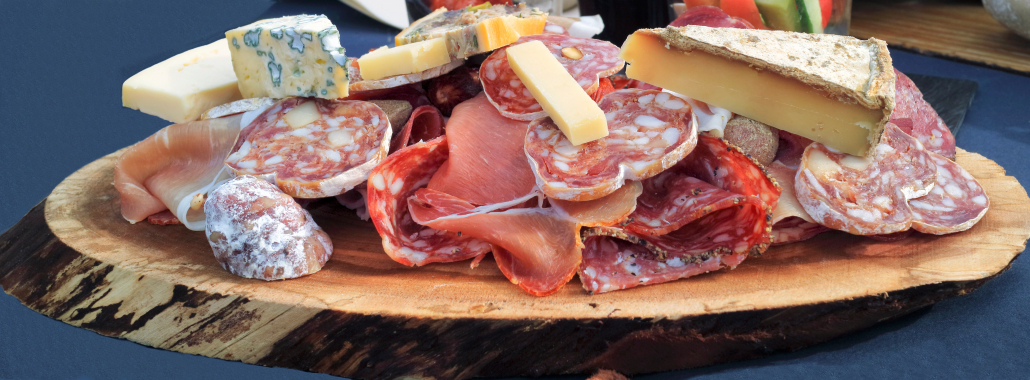
A carnivore diet is a low-carb high-fat way of eating, and is therefore considered a type of ketogenic diet.
This means that you ideally get:
- 70-80% of your calories from fat
- 20-30% of your calories from protein
- And 0-10% of your calories from carbs
This works out to around 2.3 grams of fat for every 1 gram of protein.
The best carnivore diet cheeses come close to this ratio while providing minimal carbs.
Below you can see the range of macronutrient ratios in popular cheeses
| Nutrients Per 100 grams (3.5 oz) | Creamy Blue Cheese | Cream Cheese | Triple Cream Brie (Saint Andre) | Cheddar | Swiss Cheese | Parmesan |
| Fat | 43.3 | 35g | 42g | 33g | 31g | 28g |
| Carbs | .2g | 1g | 0g | 3g | 1g | 4.1g |
| Protein | 13.3 | 7g | 10.5g | 23g | 27g | 28g |
| Fat: Protein Ratio by grams | 3.25:1 | 5:1 | 4:1 | 1.4:1 | 1.1:1 | 1:1 |
Benefits of Cheese on Carnivore
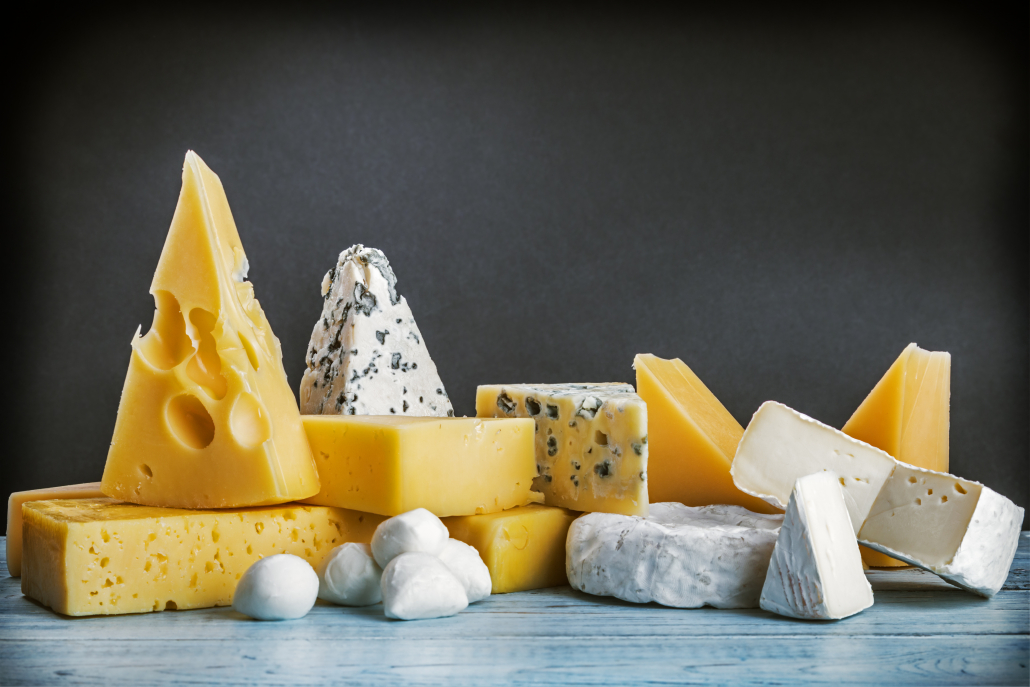
Since the 1960’s saturated fats have been nutritionists’ public enemy number one. But high-quality modern research is telling us that this designation was a grave and dangerous mistake.
Saturated fats and animal fats as part of whole food animal products is in fact very healthy, and not associated with stroke, heart disease, or cancer. 4 5
A major 2017 meta-analysis looking at 9 large-scale studies on the health effects of consuming cheese concluded, “Our findings suggest that long-term cheese consumption was not associated with an increased risk of all-cause mortality.” 5
Now that cheese is out of dietary prison, let’s look at its studied benefits.
Reduces Risk of Diabetes
The 2009 European Prospective Investigation into Cancer and Nutrition (EPIC) study looked at data from 16,835 healthy and 12,403 diabetic participants from 8 European nations.
Researchers found an inverse association between eating cheese and fermented dairy with incidences of diabetes.
Eating only 55 g/d total of cheese and/or yogurt was associated with a 12% reduction in the incidence of type 2 diabetes. 6
Reduces Blood Pressure
A 2017 study found that consuming just 30 g daily of Grana Padano, a Parmesan-like cheese lowered blood pressure as effectively as the typical prescription antihypertensive medication.
These dramatic improvements in blood pressure occur even though the cheese is high in salt–the equivalent of eating a serving of potato chips.6
Reduce Excess Weight
A large-scale 2018 study of over 2,500 men revealed that after a five-year follow-up, participants who consumed higher amounts of cheese had a lower body mass index.1
It’s not surprising then that a comprehensive review of 16 studies found that consuming cheese and other high-fat dairy products can lower your risk of obesity. [10]
The ability of cheese to aid in weight loss is partly attributable to the combination of high fat and protein in dairy. Cheese increases feelings of fullness and satiety, reducing the desire to snack or consume hyper-palatable processed foods high in vegetable oil and added sugars–the food that are actually bad for you. 3 4
Neurological Protection
A 2018 study found that the compounds oleamide and dehydroergosterol found in Camembert cheese reduce inflammation in areas of the brain associated with Alzheimer’s and dementia. Researchers concluded that cheese is neuroprotective and that eating cheese rich in these compounds protects against neurodegenerative disorders.9
A 2021 study published in the Journal of Alzheimer’s Disease linked consuming cheese with better cognition as we age. 10
Supports Heart Health
In 2006 a study of nearly 200 men and women aged 45-75 years found that participants who regularly consumed dairy fat showed a reduced risk of a heart attack.10
A 2017 analysis of 29 studies looking at data from 938,465 subjects revealed that people who ate10 grams of cheese (⅓ ounce) per day had a moderately lower risk of cardiovascular disease than those who did not. 6
The vitamin K2 in cheese is remarkably cardioprotective. For every 10 micrograms you consume each day, your risk of heart disease is reduced by 9%. Soft cheeses on this list have between 50 and 100 mcg of K2 per 100grams, and cheddar has 24 mcg.18
Protection Against Cancer
Cheese, especially made from grass-fed dairy, is a good source of conjugated linoleic acid (CLA).
CLA has been shown to significantly inhibit the growth of cancer and tumors in the stomach, prostate, breast, and liver. 12
A 2005 study found that women who consumed at least 4 servings of high-fat dairy per day had a 34% lower risk of colon cancer. 13
A study involving 23 young men getting 5.6 grams of daily CLA resulted in decreased inflammatory markers, including tumor necrosis factor and C-reactive protein.14
Cheese on Carnivore is a Great Source of Vitamin K2
Vitamin K2 is one of the most important yet least heralded micronutrients. And carnivore diet cheese is a fantastic source.
Pioneering dentist and nutrition researcher Weston A. Price found that traditional cultures that had superior dental, bone, and cardiovascular health all consumed diets high in vitamin K2. A the time Price called K2 “activator X” because it helped the body absorb and utilize other fat-soluble vitamins A, D, and E. 4
Vitamin K2 ensures healthy circulation and protects your arteries from calcium deposits while depositing calcium into your bones where it’s supposed to go.15
K2 also activates minerals that bind proteins in bones, increasing bone strength and reducing fractures.16
Promising new studies suggest that K2 may stop the spread of various cancers, including prostate cancer. 17
| Carnivore Diet Cheeses High in Vitamin K2 | Per 100 grams | |
| Jarlsberg cheese | 80 mcg | 66% |
| Munster Cheese | 80 mcg | 66% |
| Soft cheeses (brie, camembert, gouda, creamy blue cheese) | 59 mcg | 49% |
| Edam cheese | 49 mcg | 41% |
| Cheddar | 24 mcg | 20% |
Top 8 Carnivore Diet Cheese List
Our list of top carnivore diet cheeses is ruled by the fattiest, creamiest, lowest carb varieties.
These are often labeled “triple cream,” and are mostly softer cheeses.
Hard cheeses like cheddar and parmesan can also be consumed on carnivore, but they are higher in protein and have some carbs.
1. Creamy Blue Cheese
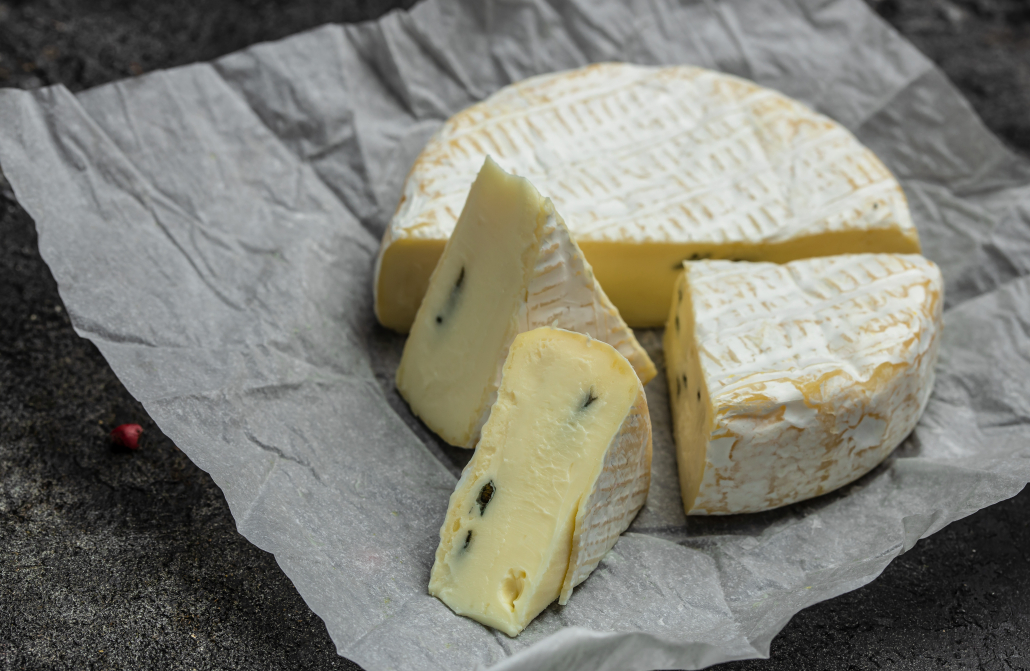
Creamy blue cheese provides an abundance of healthy fats, and proteins.
In addition to an abundance of healthy fats and proteins, creamy blue cheese also provides special anti-inflammatory properties thanks to specific bioactive compounds produced by in the ripening process.
Recent studies have found that “stinky” ripened cheeses like blue cheese and stilton contain between 2900 and 4700 different bioactive peptides produced as enzymes break down dairy proteins.3 5
Blue cheese has extremely high levels (262 nmol/g) of a compound called spermidine that has anti-aging properties and has been shown to reduce the risk of cardiovascular disease.4 5
Blue cheese has also been shown to lower cholesterol levels, prevent inflammation in arteries, reduce blood clotting in veins, reduce joint pain, and offer arthritis relief.
As part of Doctor Kiltz’s BEBBIIS diet, Dr. Kiltz recommends melting blue cheese over a fatty ribeye steak for a nourishing calorie-rich meal that fits perfectly on an OMAD (one meal day) intermittent fasting plan.
| Nutrients per 100g of Creamy Blue Cheese | |
| Calories | 425 |
| Fat | 43.3g |
| Saturated Fat | 26.7g |
| Carbohydrates | .2g |
| Protein | 13.3g |
| Fat: protein | 3.25:1 |
| Significant Vitamins and Minerals | |
| Vitamin B5 (Pantothenic acid) | 1.7mg 35% RDA |
| Vitamin B2 (Riboflavin) | 0.4mg (36% RDA) |
| Selenium | 8.6µg (16%) |
2. Saint Andre Triple Cream Soft Ripened Cheese
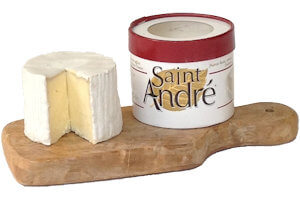
The French eat a lot of saturated fat and, not surprisingly for those of us practicing keto and carnivore, have very low incidences of heart disease.5
It’s no wonder that France was left out of Ansel Keys’ (in)famous 7 countries study–the deeply flawed 1950’s observational “research” that attempted to link saturated fat intake with heart disease. In fact, it’s the study that started the dangerous anti-fat diet trends that persist to this day.
Saint Andre is one of the most widely available soft French cheeses, and it’s one of the fattiest. Made with heavy cream, Saint Andre is around 75% fat.
| Nutrients per 100g of Saint Andre | |
| Calories | 420 |
| Fat | 42g |
| Saturated Fat | 22g |
| Carbohydrates | 0g |
| Protein | 10.5g |
| Fat: protein | 4:1 |
| Significant Vitamins and Minerals | |
| Vitamin A | 1400.0IU (39% RDA) |
3. La Tur Caseificio Dell’alta Langa
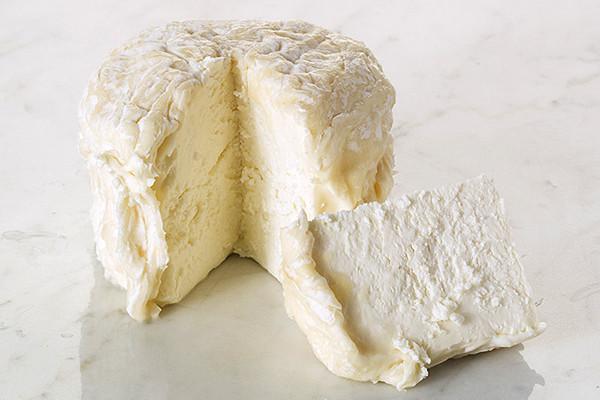
La Tur is a Northern Italian contender in the same ring with creamy French cheeses.
It offers a unique blend of cow, goat, and sheep milk. The non-cow A2 milk, means it may be more digestible for people who have an A1 dairy sensitivity.
As importantly, La Tur is the kind of incredibly delicious carnivore diet cheese that will make it easier to enjoy and stick with your carnivore diet.
Cheese magazine describes La Tur as “light and delicate, tasting of creme fraiche, mushrooms, and grass with a slight tang. La Tur is very accessible and balanced.”
| Nutrients per 100g of La Tur | |
| Calories | 276 |
| Fat | 24.5g |
| Saturated Fat | 17.5g |
| Carbohydrates | 0g |
| Protein | 14g |
| Fat: Protein | 1.75:1 |
| Significant Vitamins and Minerals | |
| Vitamin A | 875IU (39% RDA) |
4. Cream Havarti
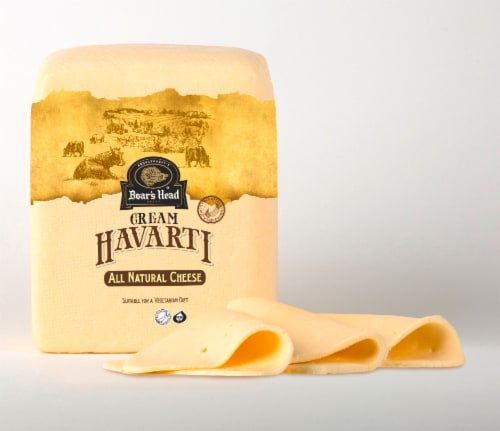
This traditional Danish cheese is semi-soft, mild, and buttery-rich.
Look for “cream” Havarti to make sure you’re getting the fattiest and lowest-carb variety.
Boar’s Head makes a delicious and affordable Havarti.
| Nutrients per 100g of Havarti | |
| Calories | 378 |
| Fat | 35g |
| Saturated Fat | 19.1g |
| Carbohydrates | 0g |
| Protein | 21g |
| Fat: protein | 1.6:1 |
| Significant Vitamins and Minerals | |
| Vitamin A | 21.35% RDA |
5. Goat’s Milk Gouda
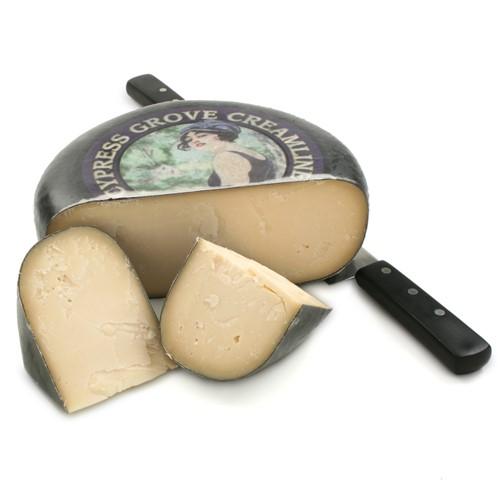
Gouda is traditionally made in Holland from goat’s milk for people seeking A2 alternatives to cow’s milk.
Midnight Moon from Cypress Grove is a gouda that has been aged six months, creating a nutty, buttery flavor and a “sweet” caramel finish.
Enjoy midnight moon and other goudas with prosciutto for the ultimate carnivore diet snack.
| Nutrients per 100g of goat milk Gouda | |
| Calories | 378 |
| Fat | 42g |
| Saturated Fat | 24.5g |
| Carbohydrates | 0g |
| Protein | 28g |
| Fat: protein | 1.5:1 |
| Significant Vitamins and Minerals | |
| Vitamin A | 25% RDA |
6. Muenster Cheese
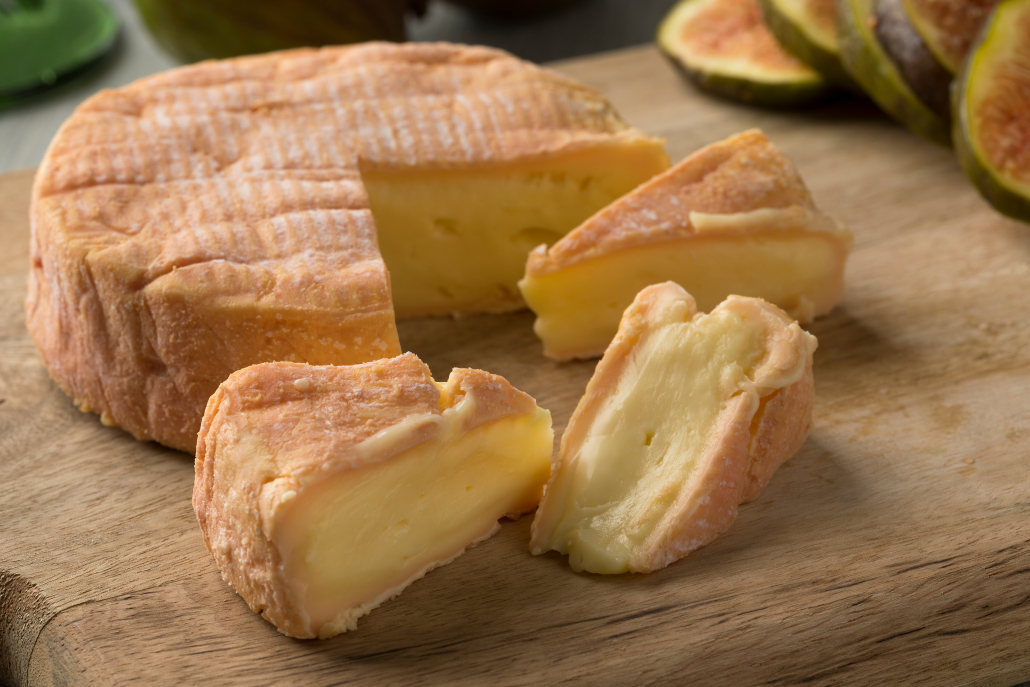
The best Muenster is made from unpasteurized cow’s milk in the summer in autumn. This was the original production method used by monks and nuns in the Middle Ages in the North East of France.
Munster cheese is mild and creamy, although it can be quite aromatic (stinky) when ripened. Stinky means the presence of bioactive peptides that offer numerous benefits, many of which are only just being discovered.
Munster is tied for the title when it comes to providing vitamin K2 at 801 ng/g. 19
Wisconsin Cheese Company makes a great muenster.
| Nutrients per 100g of Munster | |
| Calories | 332.5 |
| Fat | 29.8g |
| Saturated Fat | 18.9g |
| Carbohydrates | 1.1g |
| Protein | 23.1g |
| Fat: protein | 1.3:1 |
| Significant Vitamins and Minerals | |
| Vitamin A | 25% RDA |
7. Cheddar Cheese
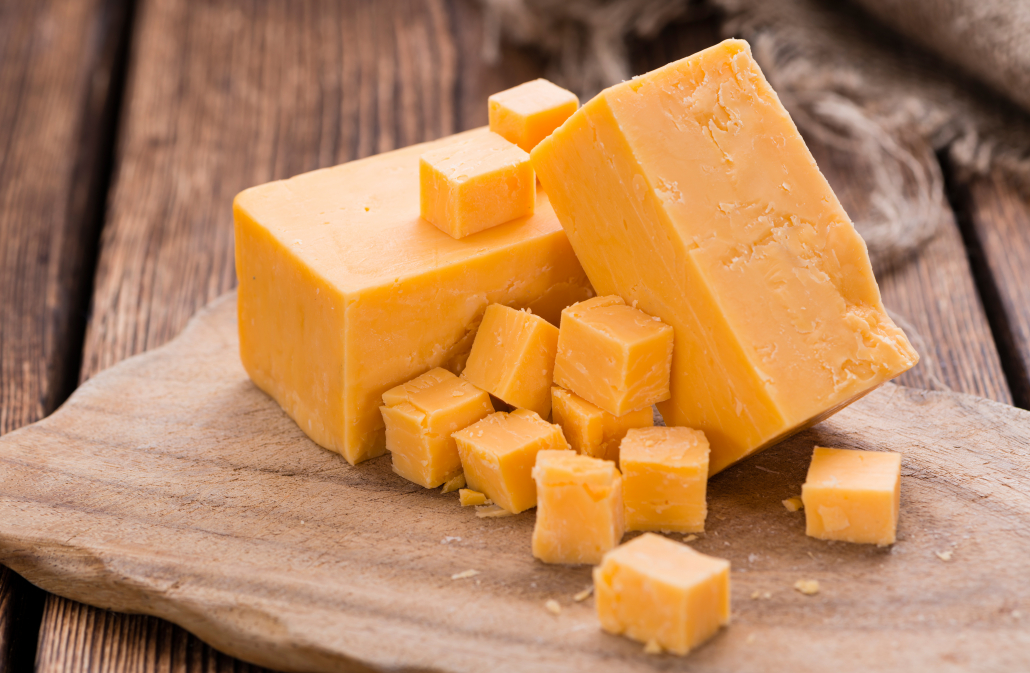
Around since the 11th century, cheddar cheese was created in the English village of…you guessed it, Cheddar, which is one of the most popular cheeses in America.
Though high in fat and relatively inexpensive, cheddar has high protein content and a few carbs.
Tillamook cheddar is a high-quality carnivore cheese that’s easy to get your hands on.
| Nutrients per 100g of Cheddar Cheese | |
| Calories | 402.5 |
| Fat | 32.9g |
| Saturated Fat | 18.6g |
| Carbohydrates | 3.1g |
| Protein | 22.8g |
| Fat: protein | 1.4:1 |
| Significant Vitamins and Minerals | |
| Vitamin A | 25% RDA |
8. Cream Cheese
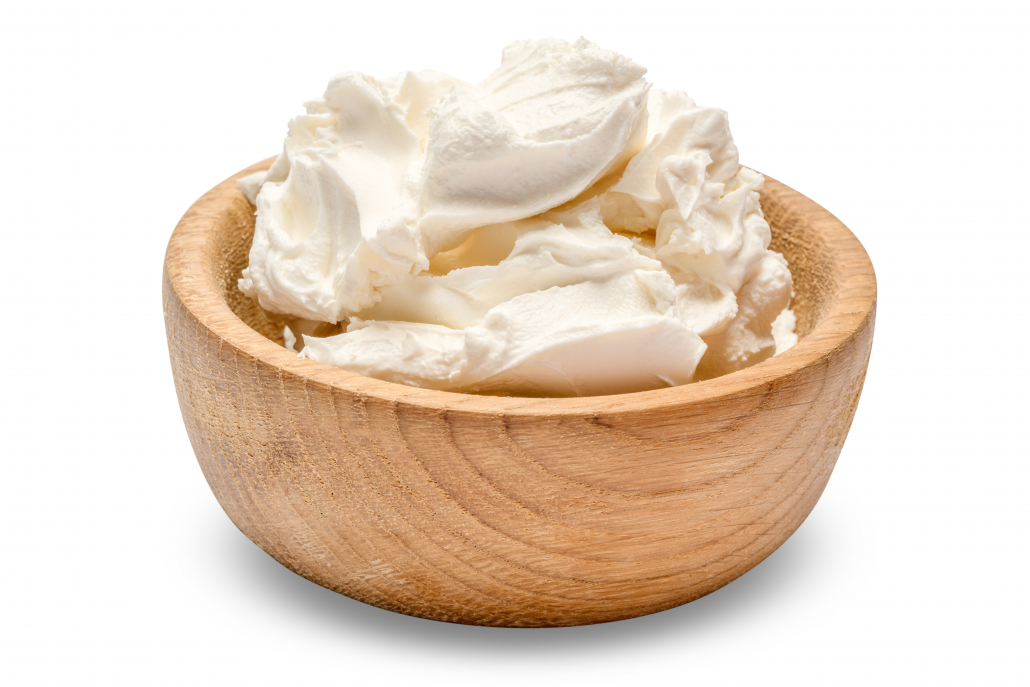
Cream cheese is high in fat, and low in carbs and protein.
However, most cream cheese if highly processed and pasteurized, which eliminates the benefits you get from the soft, ripened cheeses higher up on this list.
“Cultured” cream cheese will offer some bioactive benefits. Standard Philidelphia cream cheese is a solid, high-fat carnivore diet cheese that you can find pretty much everywhere.
| Nutrients per 100g of Cream Cheese | |
| Calories | 357 |
| Fat | 35g |
| Saturated Fat | 22g |
| Carbohydrates | 1g |
| Protein | 7g |
| Fat: protein | 5:1 |
| Significant Vitamins and Minerals | |
| Vitamin A | 1111.0IU (37% RDA) |
| Vitamin B2 (Riboflavin) | 0.2mg (18% RDA) |
| Selenium | 8.6µg (16%) |
Worst Cheese on Carnivore?
Now that we’ve covered the best carnivore diet cheese let’s make sure you can identify and steer clear of the worst.
Canned and Processed Cheese
Canned and processed cheeses are only 51% cheese.
The rest is processed fillers like reconstituted dairy proteins, emulsifiers, and inflammatory vegetable oils. Danger, keep away!
Though controversial among some carnivore dieters, cheese is a fantastic addition for the majority of us who don’t have dairy allergies.
These carnivore diet cheeses provide an abundance of healthy fats, complete proteins, calcium, vitamin K2, and hundreds of beneficial bioactive compounds.
Carnivore means cutting out most foods. But when it comes to carnivore cheese, this is one area of your diet where you can add in some delicious and healthy variety.













